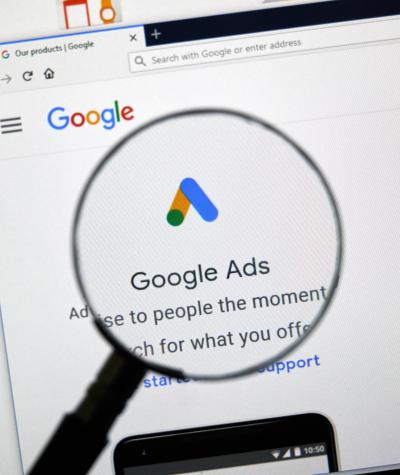It’s safe to say that Google is having a bad week. In addition to the U.S. Justice Department’s unveiling of antitrust charges against the search engine behemoth, Washington State Attorney General Bob Ferguson announced this week that his office plans to sue Google for violating state campaign finance disclosure laws.
The lawsuit in Washington will mark the second time in two years that the state attorney general has sued Google for failing to comply with transparency requirements for online platforms that distribute political advertising in Washington elections.
Washington’s Fair Campaign Practices Act has long required “commercial advertisers” that sell political ads in state elections to make information about the ads’ sponsors, costs, and distribution available for public inspection.
These disclosure requirements apply not only to online platforms, but to TV, radio, and print media outlets as well. Although Google already allows members of the public to view certain information about political advertising through its Transparency Report, Google’s ad database does not offer the full scope of information or public access required by Washington law.
Google has run afoul of transparency rules in Washington before. In 2018, Google paid $217,000 to settle another suit brought by the state attorney general for violations of the disclosure requirements for commercial advertisers. The company announced that year that it would stop selling political advertisements related to Washington’s elections.
But Google’s self-imposed ban on political ad sales in Washington hasn’t worked: public documents filed with the Washington Public Disclosure Commission (PDC), the state government’s campaign finance watchdog, show Google subsequently sold thousands of dollars in political advertising in Washington after announcing its ban in June 2018.
Moreover, an investigation by the PDC this year found that Google was still not providing sufficient public access to information regarding the political ads that it sold in Washington.
Google is not the only Big Tech company to face charges of noncompliance with Washington’s political transparency laws. Earlier this month, Twitter agreed to pay $100,000 to settle a civil suit brought by Washington’s attorney general over its failure to comply with the transparency rules for commercial advertisers.
And the state attorney general’s office is currently suing Facebook, for the second time since 2018, for similar violations.
Like Google, Facebook was previously sued by the state’s attorney general in 2018 for violating the state’s commercial advertiser disclosure requirements. The company ostensibly adopted its own policy against selling political ads in Washington after the attorney general first filed suit.
But, after an investigation last year, the PDC determined that Facebook, like Google, had continued to sell political ads in Washington despite claiming it would no longer do so.
The Washington attorney general’s lawsuits against these major online platforms signal that campaign finance transparency will be seriously enforced in state elections. However, the legal battles in Washington also highlight a problem inherent in relying on private companies to deliver critical information to the public.
Even when enforcement action does result in a platform being penalized for violating the law, the outcome does not guarantee voters will have access to prompt and complete information about political ads in the future, as evidenced by the Washington attorney general’s filing of multiple suits against Google and Facebook in recent years.
Transparency is key to building and sustaining a functioning democracy, and Big Tech should not stand in the way of the public’s right to comprehensive information about political advertising intended to influence voter choices on Election Day.
